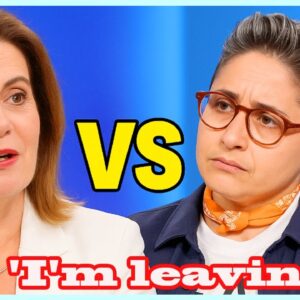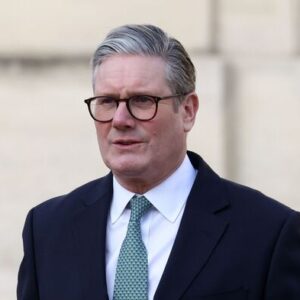GB News Host Shocks Viewers with Surprise Claim ‘You’ve Been Lied To’ in Brutal Takedown of Keir Starmer
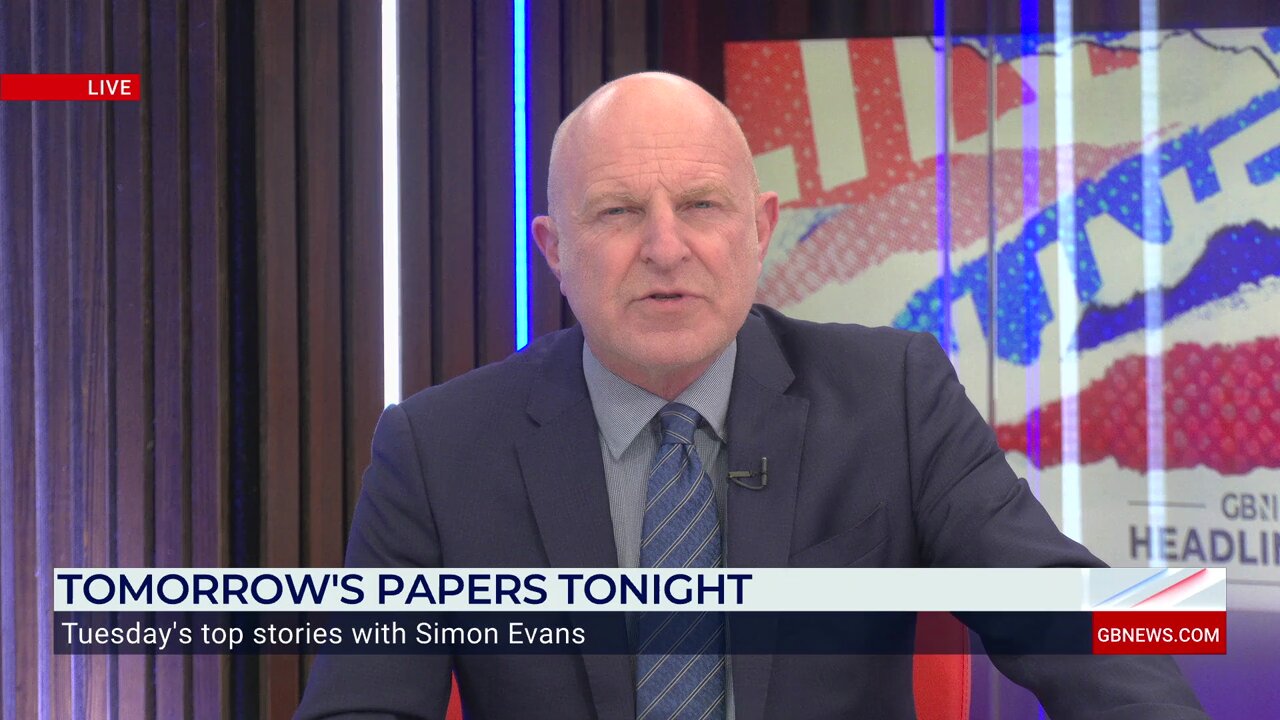
In a recent broadcast, GB News host Matt Goodwin caught viewers off guard with his bold claim regarding the economic impact of immigration and its relationship to prevailing political narratives. During his compelling takedown of Labour leader Keir Starmer, Goodwin stated that the public has been systematically misled about the economic benefits of mass immigration. This assertion comes on the heels of a newly released report by the International Monetary Fund (IMF) that has raised eyebrows and sparked intense debate.
Goodwin’s commentary centered around the findings from the IMF that challenge long-held beliefs propagated by the liberal elite. Traditionally, mass immigration has been presented as a panacea for economic growth, buoyed by the idea that increasing the workforce would naturally lead to higher GDP and benefits for the overall population. However, according to Goodwin, the IMF’s report suggests otherwise, particularly concerning low-skilled immigration and its adverse effects on the most vulnerable workers in society.
Questioning the Economic Narrative
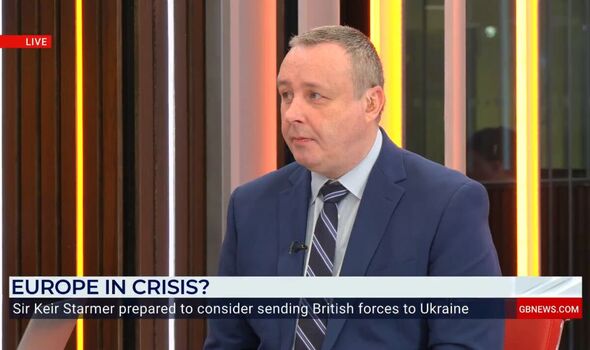
In his segment, Goodwin articulated that the supposed economic advantages of mass immigration are not only overstated but may actually come at a cost for the lowest income brackets. He pointed to the report’s findings, asserting that low-skill immigration could lead to wage suppression for the poorest segments of society. This runs counter to the established narrative that more workers in the economy equate to greater wealth for all.
Goodwin’s assertions are significant, especially in light of the UK’s economic growth—or lack thereof. He highlighted that despite the influx of immigrants, the nation has witnessed stagnant economic progress. As net migration numbers surged leading up to 2024, Britain has failed to experience the anticipated economic dynamism, raising questions about the effectiveness of these immigration policies on overall prosperity.
The Dual Narrative of Immigration’s Economic Role

The discussion then shifted to the broader implications of the findings released by the IMF. While Goodwin challenged the dominant narrative that immigration invariably enriches the economy, he also acknowledged that the report highlighted certain beneficial aspects of mass immigration. The IMF recognized that, in specific sectors facing severe labor shortages, an influx of workers could alleviate inflationary pressures by filling crucial jobs.
This revelation opens up a more complex dialogue about immigration’s role in the economy. Goodwin’s remarks underscore the growing divide in public opinion, where some view immigration as a necessary component of economic resilience, while others see it as a stealthy mechanism for wage suppression and declining productivity. These two competing narratives continue to fuel vibrant debates within political and public arenas, reflecting varying perspectives on the impacts of immigration policy.
Beyond the Debate: The Need for Honest Discourse
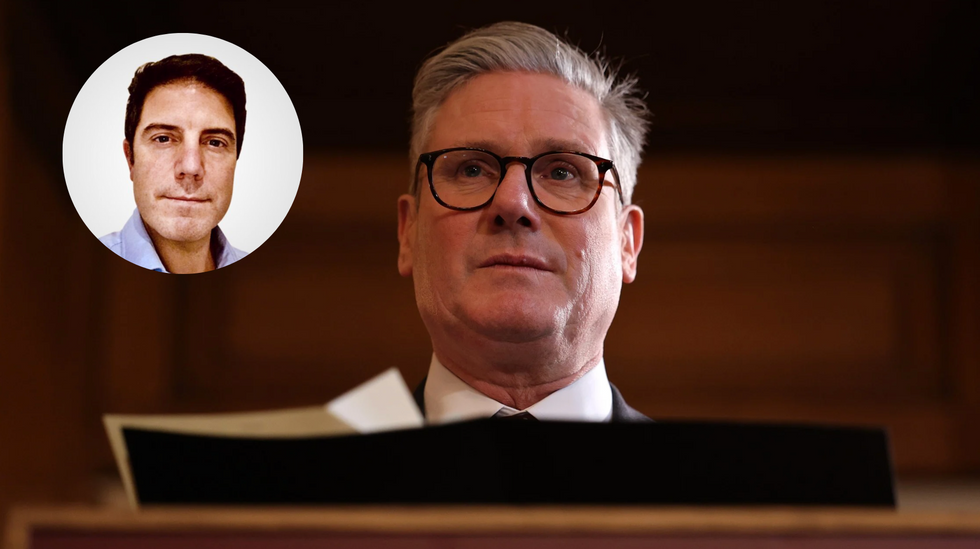
As political commentators like Goodwin engage in such vigorous discussions, it becomes essential for the public to grapple with these complex issues. The implications of immigration for the economy, wages, and job opportunities are not merely academic; they affect real lives and livelihoods. These debates necessitate a careful and honest examination of evidence, free from the biases of political agendas.
Goodwin’s confrontational style and willingness to challenge established narratives resonate with many viewers who feel disconnected from the mainstream discourse. As the conversation evolves, it is essential for all parties involved to consider the multifaceted nature of immigration and its impacts, fostering a more inclusive dialogue that goes beyond partisan lines.
In conclusion, discussions surrounding immigration and its economic outcomes are far from straightforward. The insights from the IMF reveal a nuanced reality that may not align with the comforting narratives often touted by politicians. As the nation grapples with these critical issues, viewers and citizens alike are encouraged to engage with the evidence and form their own opinions about one of the most pressing issues of our time.


